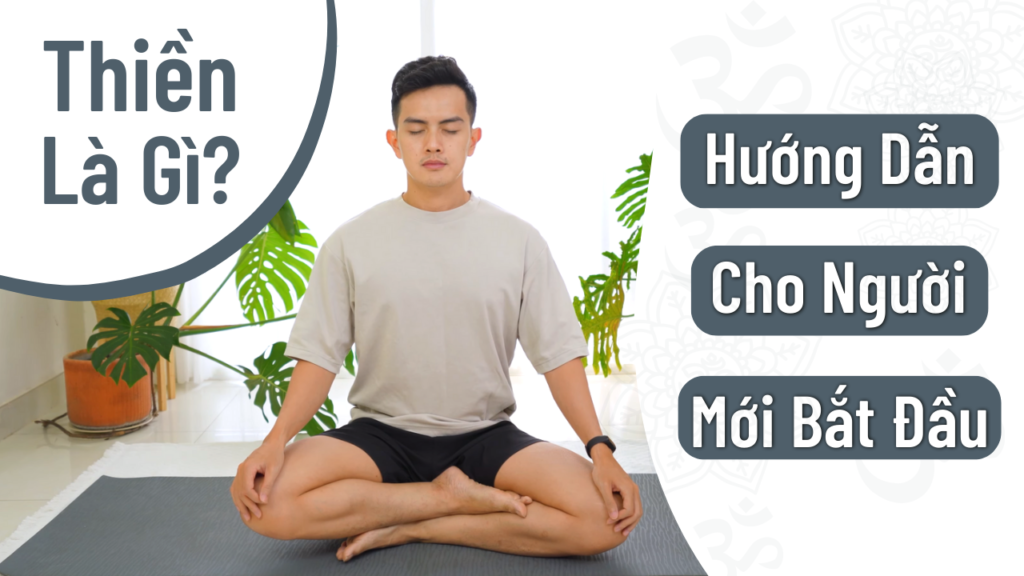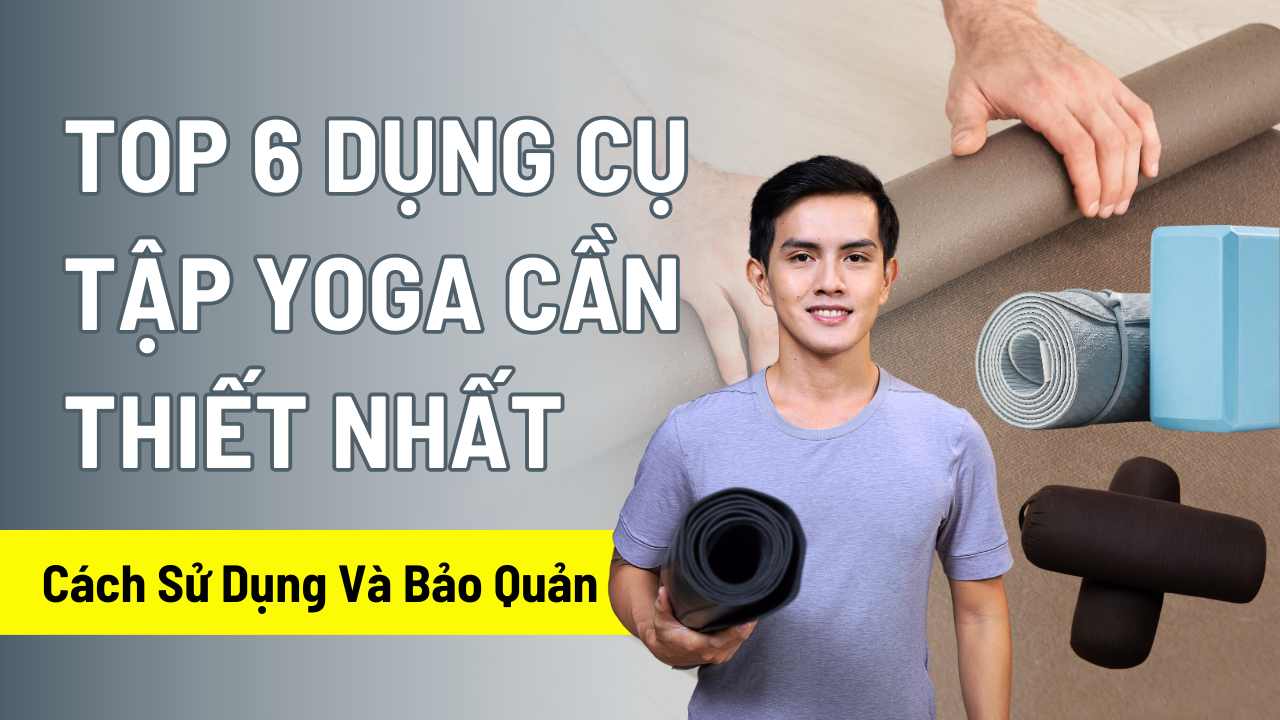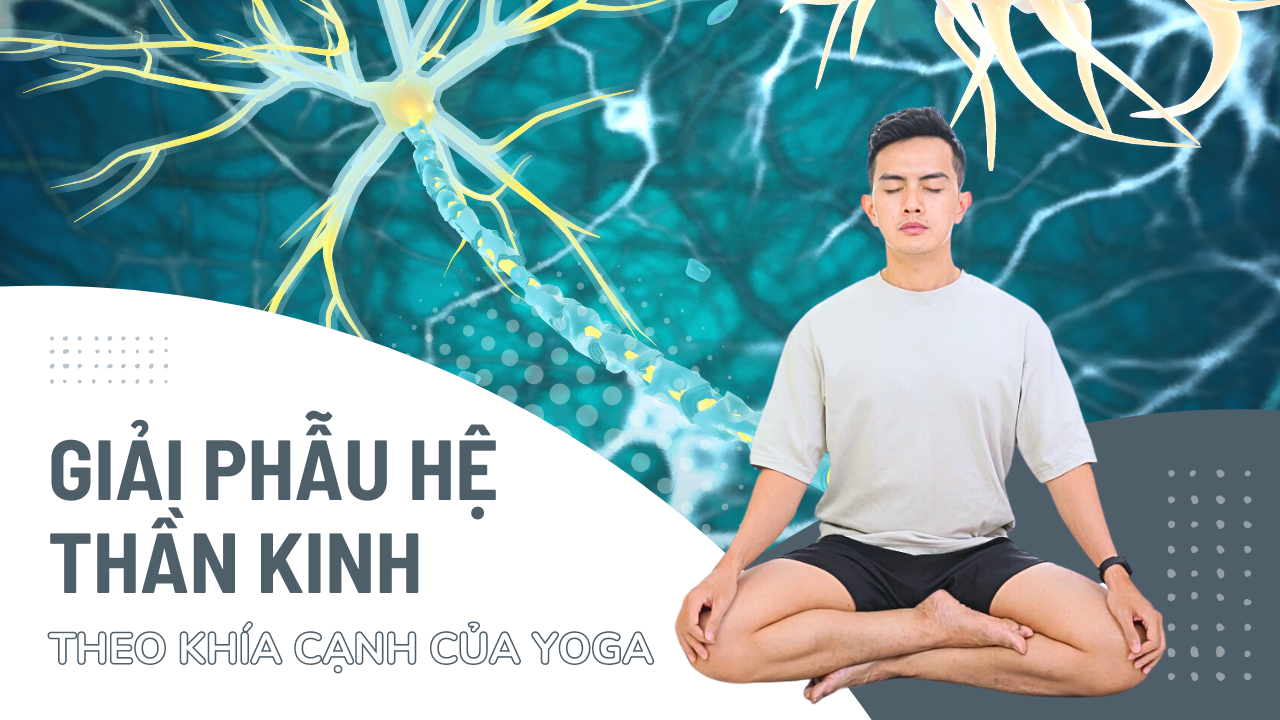Meditation is becoming more and more popular and attracting the interest of many people around the world. This article is for those who are new to the wonderful world of Zen. Do you wonder? What is meditation?? How to meditate properly? Read the article and discover with Nguyen!
What is Meditation?

Meditation is a method of mental concentration, helping to improve mental health and enhance human alertness. In meditation for beginners, the person focuses the mind on a certain point, usually the breath or an imaginary image, to reduce thoughts, dispel stress, reduce stress and improve concentration.
Meditation is considered an ancient practice of the East, today it has become a popular practice all over the world.
How Many Types of Meditation Are There for Beginners?
There is no right or wrong way to meditate. It's important to find a practice that meets your needs. There are 9 popular types of meditation practice for beginners:
- Mindfulness meditation
- Spiritual Meditation
- Focused meditation
- Movement meditation
- Mantra meditation
- Transcendental meditation
- Progressive relaxation meditation
- Loving-kindness meditation
- Visualization Meditation
Benefits of Meditation
Reduce stress
Meditation helps reduce stress and control anxiety. When stressed, the body will produce the hormone cortisol, causing harmful effects such as inflammation, sleep disorders, depression, anxiety, increased blood pressure and memory loss.
Treating Anxiety
Mediation can help counteract the effects of anxiety — commonly thought of as feelings of fear, worry, and extreme stress — by slowing racing thoughts and regulating breathing, helping to calm nerve system.
Treating Insomnia
Meditation improves sleep. Meditating helps you relax your mind and body, making it easier for you to sleep better. Meditating also helps you reduce symptoms of insomnia, such as difficulty falling asleep, waking up frequently or not sleeping deeply.
Improve Memory
While meditation is best known for helping reduce stress and anxiety, it can also improve your brain structure. Researchers found in one study that when you practice meditation, your brain can produce more gray matter, enhancing memory.
Improve Self-Awareness
Meditation increases self-awareness. Meditating helps you observe and recognize your thoughts, feelings and behaviors in an objective and non-judgmental way.
How Do Beginners Know What Kind of Meditation is Right for You?
- Learn about different types of meditation: Read books, search online, or search for meditation teachers in your community to learn about different types of meditation for beginners.
- Start with basic meditation: If you're just starting to learn meditation, start with simple meditations like sitting meditation and focusing on your breath. Then you can gradually learn more complex types of meditation.
- Focus on your experience: Focus on how you feel and your experience doing different types of meditation. If you feel comfortable and relaxed doing a certain type of meditation, it may be the right meditation for you.
- Find support by taking meditation classes: If you find it difficult to learn and practice meditation, seek support from a meditation teacher or a meditation group in your community. They can help you better understand the different types of meditation and guide you on how to do it correctly. At the same time, be oriented to determine the type of meditation that you are really suitable for.
- Use a meditation app or watch a channel Youtube about meditation: There are now many meditation apps available on mobile phones, for example: Headspace, Calm, Smiling Mind, Stop… Besides, there are also many meditation channels to help you practice meditation anytime and anywhere.
Correct Steps to Meditate for Beginners
Step 1: Choose a meditation space for newbies

Need a quiet space and as little noise as possible.
- Can be in a private room, or on the terrace, outside the park (preferably indoors if you are just starting out).
- If you do not have such a space, you can go to Youtube to choose Meditation Music, or White Noise Music and plug in headphones to filter out the outside noises.
Step 2: Sitting posture

Sit in the most comfortable position
- Can sit on a chair/bed/on the ground or any flat surface.
- Pillows can be placed on the buttocks to make it easier to sit.
- Sit up straight.
- Put your feet in the position you feel most comfortable with, without constricting or causing pain to yourself.
Step 3: Start practicing
To start a beginner's meditation, you can breathe in and out to make it easier to feel your breath, then slowly close your eyes and return to your natural breathing. Note that at this point you are not trying to control the breath anymore, but let the breath out and in as naturally as usual.
Step 4: Observe the breath

At this point, you will practice observing your natural breath. Focusing on the nose area, you observe your body's natural in-breath and out-breath.
Help: Count 1 for the out-breath, and 2 for the in-breath. 3 for the out-breath, 4 for the in-breath and so on until 10, then come back.
If you already have the ability to focus and observe your breath, later when you get used to it, you won't need to count anymore.
Step 5: Try to keep the habit
For starters, you can meditate for 5 minutes daily to start small and build a new habit for yourself.
You can keep a calendar next to your bed, study table or desk, and every day you meditate, you mark that day.
After 7 days, you can lift to 10 minutes, after 3 weeks, you can lift to 15 minutes. It doesn't matter how long you meditate but how long you keep the habit, so start small, and keep the habit well. Think of meditation like brushing your teeth every day, a job you do to clean up and help keep your body clean and your mind more purified.
Summary
In short, to start learning meditation, you need to take meditation classes or use meditation apps. Watch video tutorials to aid the learning process. Then find yourself a quiet space, choose a comfortable position, focus on your breathing and practice regularly.
Nguyen hopes that the above sharing will be effective for your meditation practice! In addition, Nguyen also has many posts about meditation and Basic Yoga. Everyone please support and look forward to Nguyen in the near future!
Additional References



